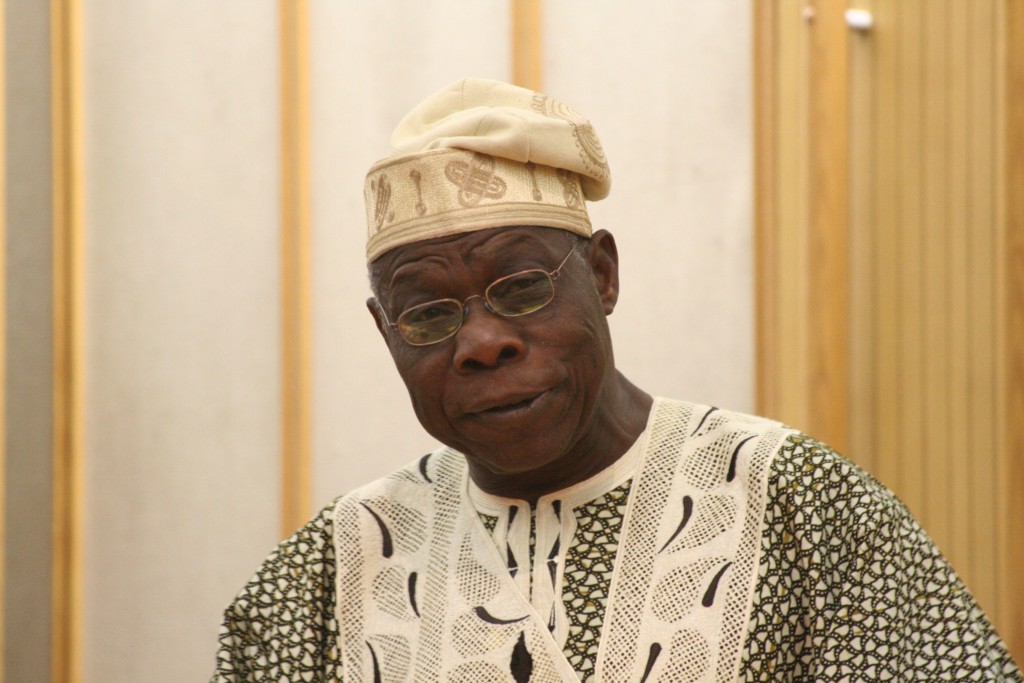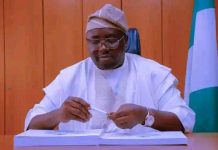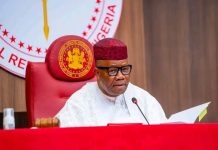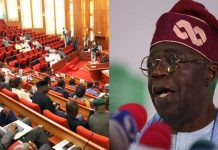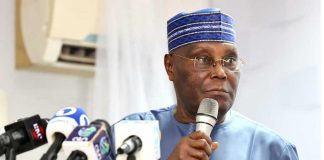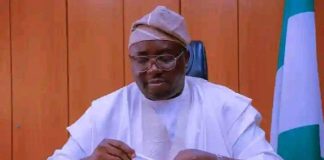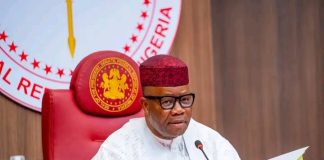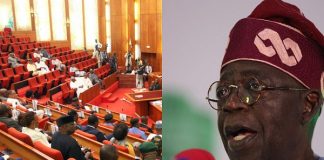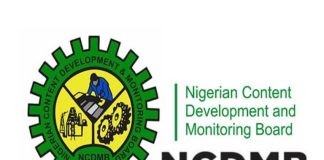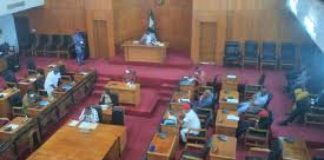🌿 Ruzu Non-Alcoholic Herbal Bitters
Ruzu Non-Alcoholic Herbal Bitters is a natural health supplement specially formulated to:
- ✅ Promote general wellness
- ✅ Detoxify the body
- ✅ Support the treatment of various ailments
Made from a powerful blend of 100% organic and medicinal herbs, Ruzu is completely alcohol-free, making it ideal for:
- 👪 All age groups
- 🌱 Health-conscious individuals
- 🌿 Anyone seeking non-alcoholic herbal remedies
Whether you're looking to boost your vitality, cleanse your system, or support healing the natural way, Ruzu Bitters offers a trusted herbal solution.
The Transparency Network, Public Interest Initiative, Nigerian Justice League Initiative, and Foundation for True Democratic Governance and Freedom are among the civil society organizations that have denounced former Nigerian President Olusegun Obasanjo’s recent demand that Prof. Mahmood Yakubu, the chairman of the Independent National Electoral Commission (INEC), and other commission officials be fired.
The coalition claimed in a statement released by its spokesperson, Dr. Danladi Ceceko, that Obasanjo had no moral right to condemn Yakubu because of his own history of overseeing some of the most contentious elections in Nigeria.
“As part of the necessary electoral reforms in Nigeria, we have taken note of a statement made by former President Obasanjo during a lecture at Yale University’s Chinua Achebe Leadership Forum, in which he called for the removal of INEC Chairman Mahmood Yakubu and officials at all levels,” Ceceko said.
“It seems that Obasanjo thinks Nigerians have forgotten the elections of 2023 and 2007, where his party’s candidates were proclaimed the winners despite claims that the elections were not properly conducted,” Ceceko added. Shall we remind the previous president that the person he fraudulently and controversially put in charge in 2007 acknowledged during his inauguration that there were irregularities and corruption in the election?
“Can any indictment be more significant than this?” he asked further.
Olusegun Obasanjo, the former president, was sharply attacked by the alliance, which called him the “ultimate state captor” for his role in coup d’etats and election fraud. They cited the elections in 2003 and 2007 as instances of the dubious electoral integrity of his rule.
The coalition highlighted the absurdity of Obasanjo’s present concerns by calling him the “Father of do-or-die politics” and citing his notorious claim that “even Jesus Christ can’t conduct a free and fair election in Nigeria.”
Obasanjo was charged by the alliance with undermining Shehu Shagari, Muhammadu Buhari, Ibrahim Babangida, Abdulsalami Abubakar, and Goodluck Jonathan, among other presidents who came after him. They cited his explicit disapproval of the party that helped him gain power in 1999, his open destruction of his membership card, and his intolerance for criticism. They remembered his inability to look into the killings of political rivals like Marshall Harry, Funso Williams, and Bola Ige, his own attorney general.
Read Also: Grief Hits Zakari Family as Son of Former NIA DG Passes Shortly After Father
The group said that Obasanjo was the same individual who planned the impeachment of incumbent governors with no legislative backing and tried to buy a third term by bribing politicians. Among other political ploys, he attempted to arrest Anambra State’s current governor, Ngige. His current discussion of legitimate elections and state capture is dishonest.
The organization also claimed that Obasanjo had manipulated election results in the southwest to benefit the People’s Democratic Party (PDP), with the exception of Lagos, where Bola Tinubu’s political clout made it more difficult for him to do so. By ousting multiple Senate Presidents from the Southeast and using dubious financial tactics to sway legislative outcomes, they said he turned the Nigerian Senate into a “laughing stock.”
Nigerians would not be influenced by Obasanjo’s theatrics since they are well aware of his past. The coalition said that the flawed foundation he established during his presidency is directly responsible for Nigeria’s current situation.
Citing the declaration of election results while people were still casting their ballots, they denounced Obasanjo for his proactive involvement in institutionalizing corruption. They attacked his attempts to gather money for his presidential library and his support of retired military figures in order to take unlawful action in the general elections in 2023.
Ceceko emphasized that Mahmood Yakubu has been the most sincere INEC chairman in Nigerian history in his attempts to restructure the agency. “The incorporation of technology into our nation’s election administration has been one of Yakubu’s greatest accomplishments,” he said.
Ceceko also noted that INEC has carried out a number of reforms under Mahmood’s direction, such as the accreditation of domestic and foreign media and observers, as well as user-friendly portals for candidate nominations and the submission of polling agent lists by political parties.
In his pre-recorded talk, “Leadership Failure and State Capture in Nigeria,” Obasanjo called the general election of 2023 a “travesty” and underlined that the country’s top priority should be to change the electoral system.
Since this is only the duty of people in authority, the coalition emphasized the urgent necessity for careful screening of INEC’s commissioners and employees. The coalition also emphasized that politicians like President Olusegun Obasanjo typically appoint partisan individuals, and that if he had the nation’s best interests in mind, he would have fixed the anomaly rather than pointing the finger at Mahmud, who has no say in or influence over commissioner appointments.
The alliance came to the conclusion that Obasanjo lacked the moral authority to provide leadership and governance lectures to anybody, especially Nigerians. They voiced fear that he would now be organizing against INEC, taking focus away from SIECS’s crucial local government elections.
Obasanjo was encouraged by Ceceko to examine his own record and ask for pardon for presiding over some of the most troublesome elections in Nigerian history.

